By the fall of 2023, Benmont Tench had finished his second solo album, nearly a decade since releasing his debut, You Should Be So Lucky, when he had to undergo surgery to remove and replace a portion of his jaw. The surgery was one in a series he’d undergone throughout the past decade, since being diagnosed with oral cancer in 2011.
“Instead of a release party,” says Tench, “I had a final gig before I had to go in.” Post-surgery, Tench waited until he regained the use of his voice again to speak and sing before releasing The Melacholy Season.
“I’m fine,” jokes Tench during a video interview from his in-laws’ home, outside of Turin, Italy. “But I feel like Sylvester the cat saying ‘Sufferin’ succotash,’ but hey, it beats the alternative.”
Inspired by a poem Tench wrote one starry night, gazing at the California sky and the stars of Orion, the opening title track, featuring singer Jenny O, sets a celestial tone on the album. The planets start their courses / Orion’s on the threshold now / The melancholy season is upon us, sings Tench on the slower piano ballad.
In fact, all of The Melancholy Season, produced by Jonathan Wilson (Dawes, Father John Misty), captures something more pensive, perhaps reflections of Tench’s life since releasing You Should Be So Lucky and the thirteenth and final album with Tom Petty and the Heartbreakers, Hypnotic Eyes, both released in 2014, and just three years after his cancer diagnosis.
Videos by American Songwriter

In 2015, Tench also married his second wife, Alice Carbone Tench, and their daughter, Tench’s first child, was born in 2017.
Wading in some woeful movements, The Melancholy Season is as much about living through the darker moments as it is about finding the joy. “The majority of them [the songs] were written or rewritten in the years since my last record, and many of them after I met my wife,” says Tech. “So I’m sure that had an effect on them.”
He continues, “There is sadness on the record, and there are some brokenhearted love songs, because they’re so much fun to write. But even the brokenhearted love songs are supposed to have a little bit of a sardonic, wry humor in them.
From the rousing “Pledge,” written by Tench the night of the 2016 election, and rockabilly “Rattle,” drums kick in, setting a steady pulse on “Back.” Tench also adds lyrics to his You Should Be So Lucky instrumental, “Wobbles,” a New Orleans-spirited song he originally wrote during his early-‘80s era with the Heartbreakers.
Inspired by Tench’s college days, where he spent two years at Tulane University in New Orleans when he would “prowl the quarter,” the title, “Wobbles,” came from a joke a friend in the city once told him. “She said, ‘You should come to New Orleans, I’ll introduce you to Wobbles,’” recalls Tench. “I said, ‘Is that your dog?’ And she said ‘No, it’s me when I’ve had a few too many.”
The Melancholy Season closes on “Dallas,” featuring Nickel Creek vocalist Sara Watkins, who, along with Jenny O, is joined by special guests Sebastian Steinberg and Taylor Goldsmith.
The album is highlighted by minimal instrumentation. He intentionally stripped away all the overproduction, allowing the vocals and lyrics to have movement and space to breathe around the mostly piano-grown tracks, like the rainy day meditation, “Not Enough.” Some songs were stripped as far back as the original demo, which he used for a song recorded a decade earlier, “If She Knew.”
And because of this subtlety, The Melancholy Season is not at a loss for more divine ballads with “I Will Not Follow You Down,” and “Under the Starlight,” touched by tip-toed-in guitar and light brushes of piano. Co-written with country singer and songwriter Donald Henry 20 years ago, Tench revisited the song years later after coming across a quote from the Taoist Chinese philosopher Lao Tzu: “Tao endures. The body dies. There is no danger.”
Philosophy, literature, and art have all been Tench’s engine as a songwriting and solo artist. On his recent trip with his family to Italy, Tench had Shakespeare’s The Tempest, which he had never read until then, along with Mick Herron’s 2010 book Slow Horses, and a book on Egyptian mythology, in tow.
“If you read a lot, you hear parables and fables and phrases,” says Tench. “I’m not what you would call a ‘believer’—I’d probably be called a heretic or burned at the stake—but I find a beauty in the Bible and the stories to be an infinite source, as is Shakespeare, and some of that finds its way into songs.”
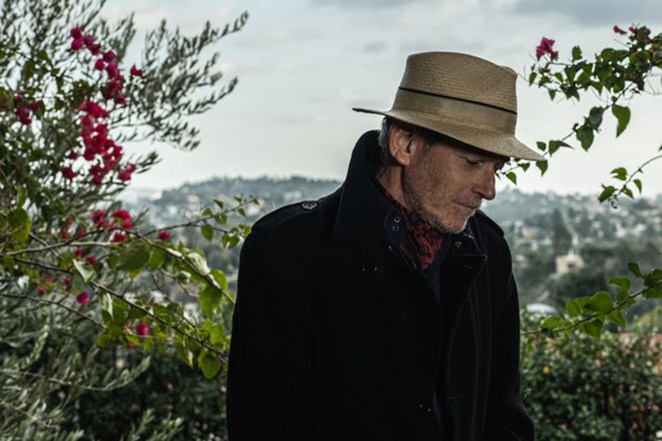
Tench also cites Walt Whitman’s 1856 poem, “Crossing Brooklyn Ferry,” a metaphorical piece on how humans are connected through space and time. “That’s the highest form to me, of art, be it drama, comedy, poetry, instrumental music, songwriting, film, visual art, performance art,” says Tench. “If you can reach that far through space and time, even if you’re in the same room, six feet away, into the person, and really deep into the awareness of that person, that’s really something.”
On The Melancholy Season, “The Drivin’ Man,” which was written around 2014, is about a man driving south on the freeway in Los Angeles, thinking about another time he drove the same route with someone else. “It wasn’t deliberate, but Joan Didion so famously wrote in ‘Slouching Towards Bethlehem’ about doing the circle of the LA roads and freeways,” he says. “And Raymond Chandler, in his novel ‘The Little Sister,’ has an entire chapter where he drives from Hollywood before freeways were there, across the valley, over the hills, down to Malibu, and down the Pacific Coast Highway and back home to where the character’s house was in Hollywood.”
For Tench, everything is interconnected and runs deeper than what is ultimately produced. “My friend John Bryan said, ‘All art is a fantasy project,’” he says. “You do it for yourself. To call it ‘art’ is kind of vain anyway.”
There are stories to be found everywhere, and Tench is still finding more to write about. “I’ve written some stuff more recently,” he says, “but for a long time, I needed to let this [‘The Melancholy Season’] come out before I could move ahead.”
And while Tench is still dealing with cancer and wasn’t sure if he could ever sing the same again, he’s reached a new range with The Melancholy Season.
“I’m not battling cancer,” he says. “My doctors are battling it. I’m just the battleground.”
Photo: Josh Giroux







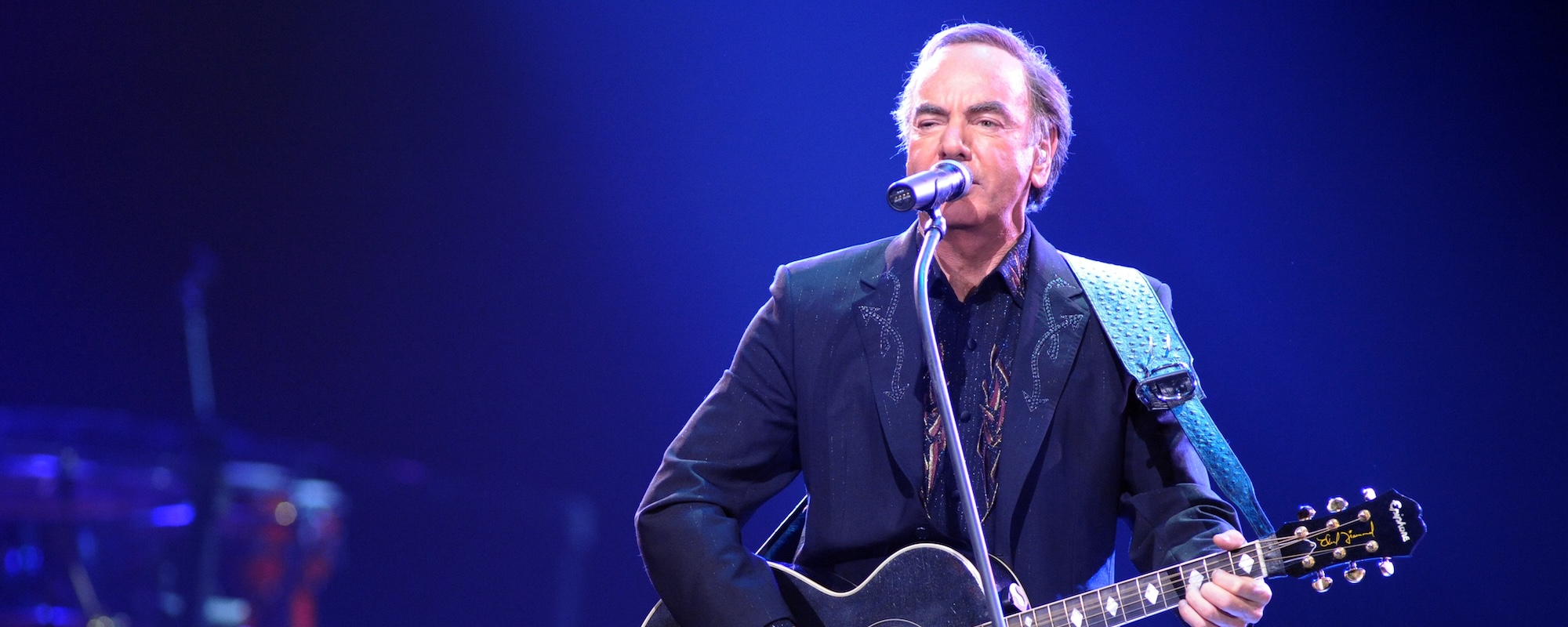
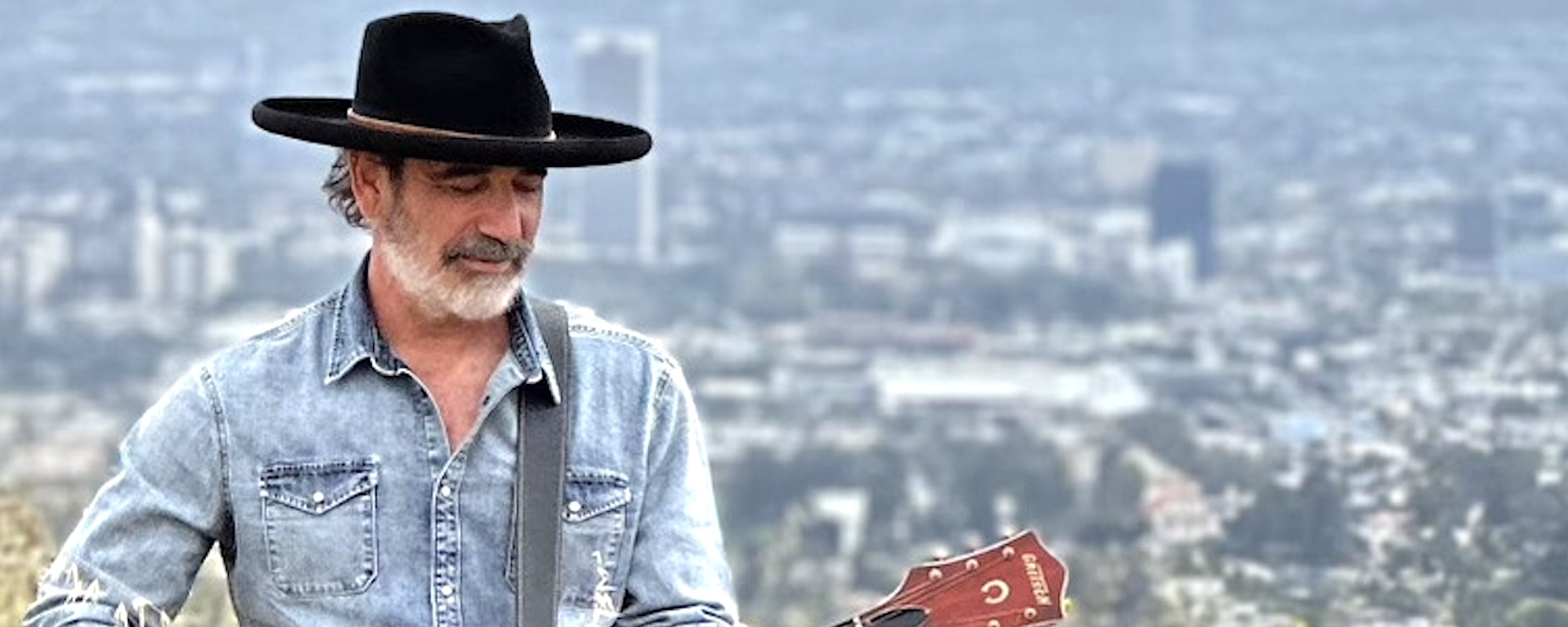
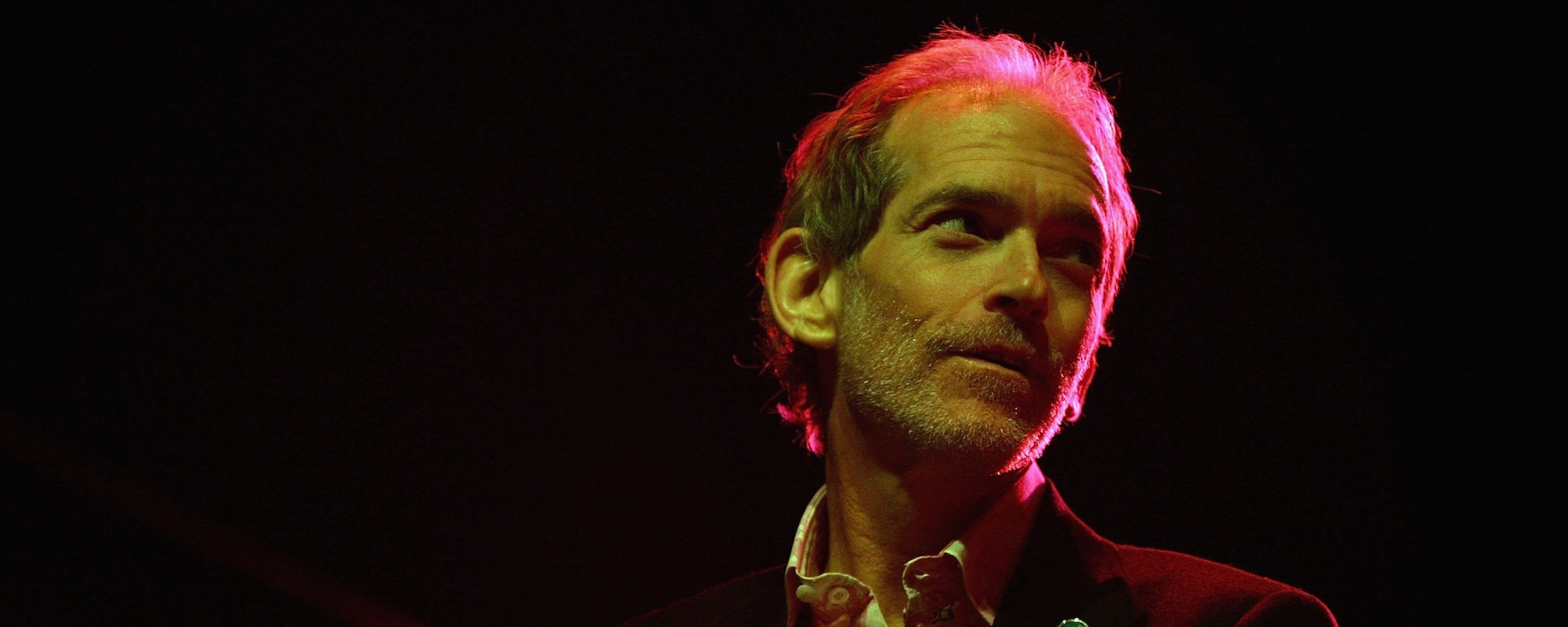

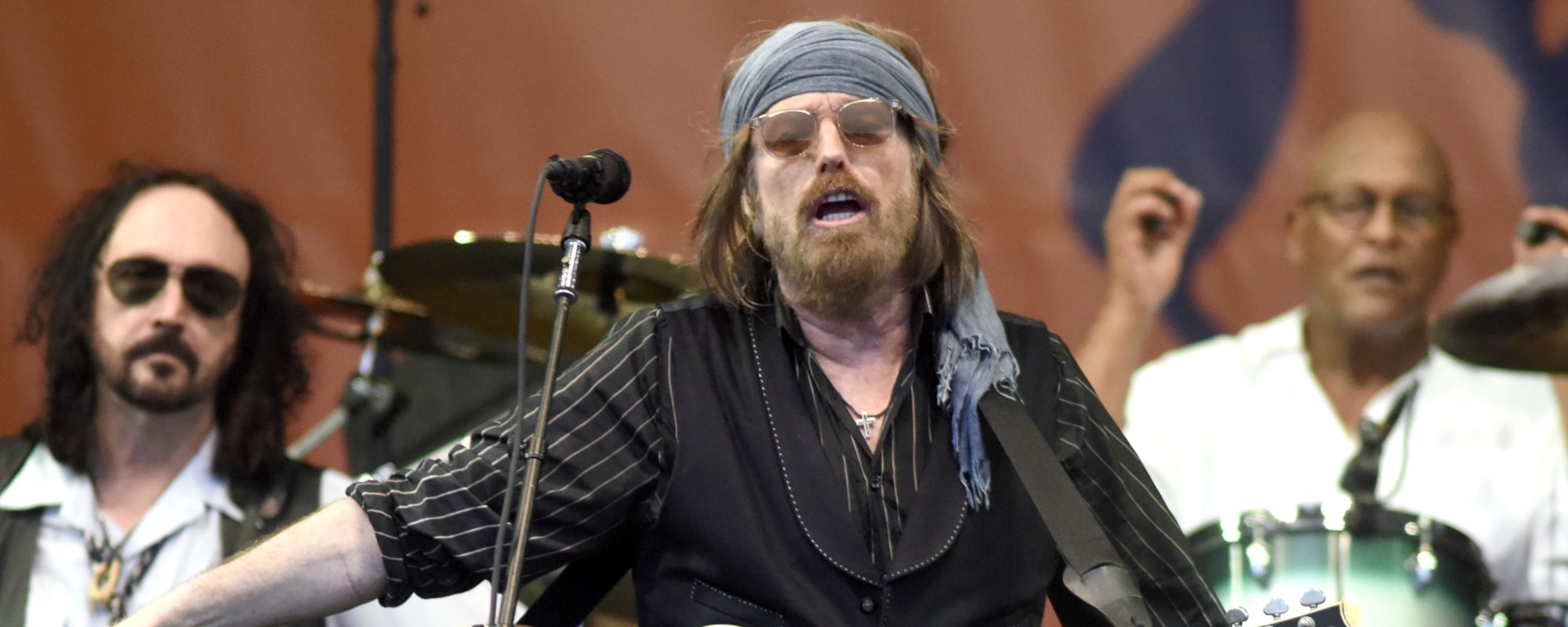

Leave a Reply
Only members can comment. Become a member. Already a member? Log in.